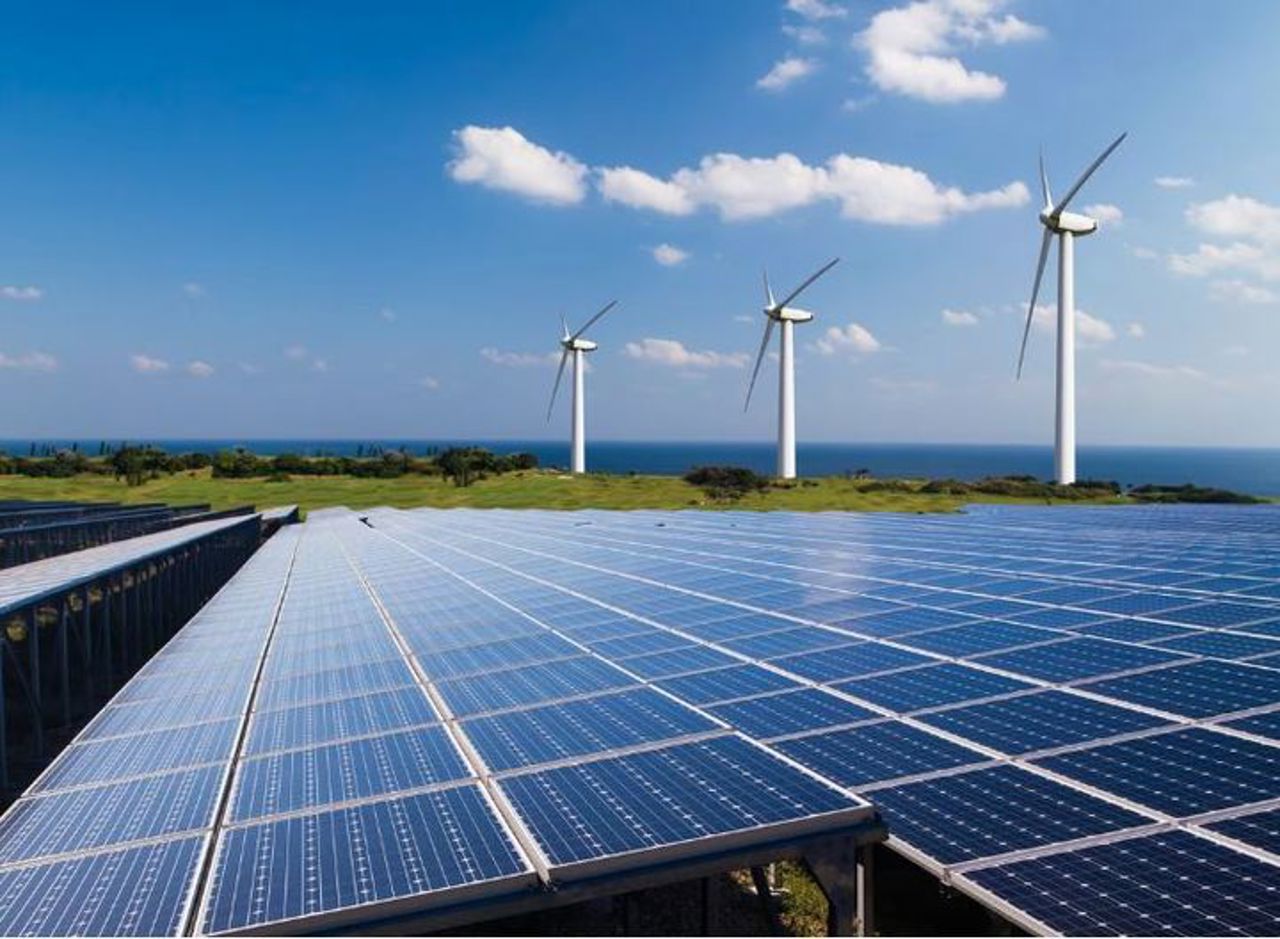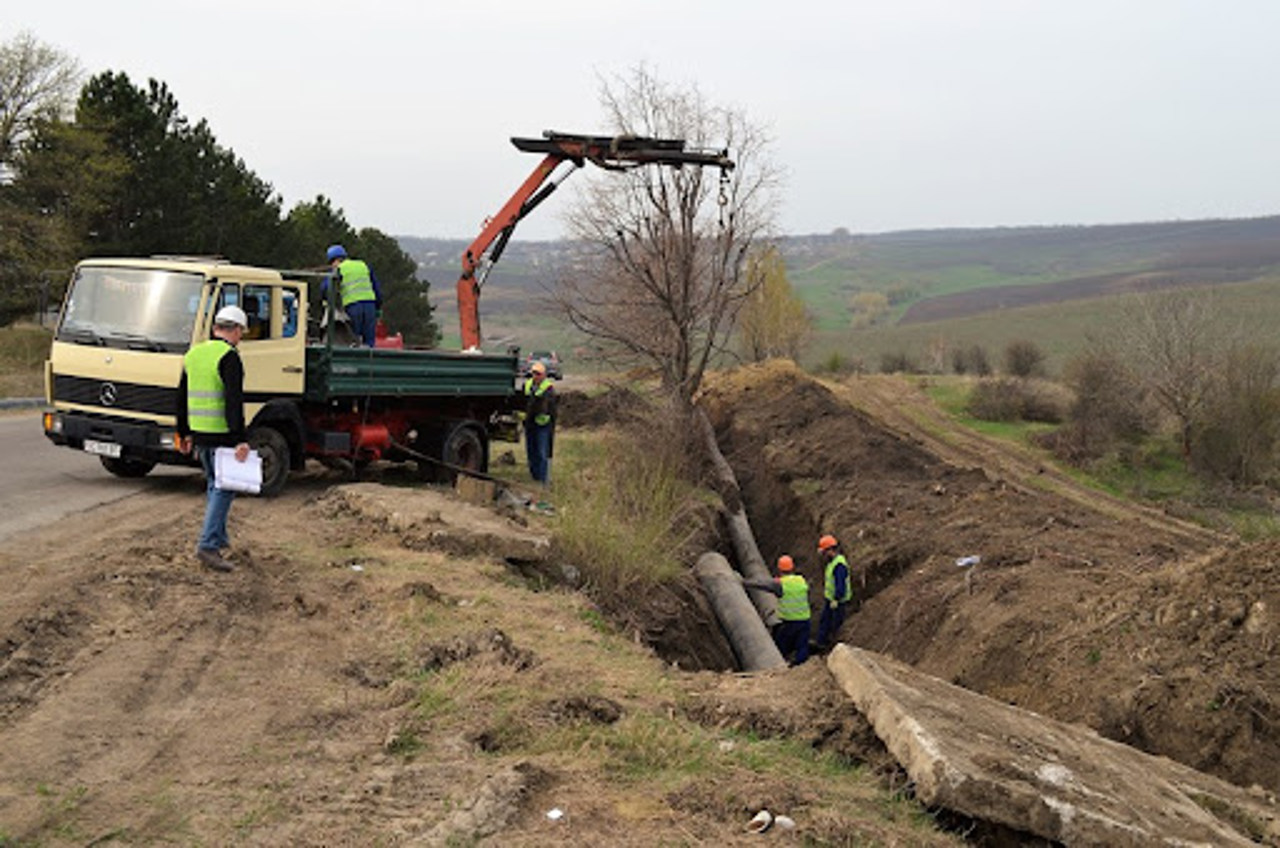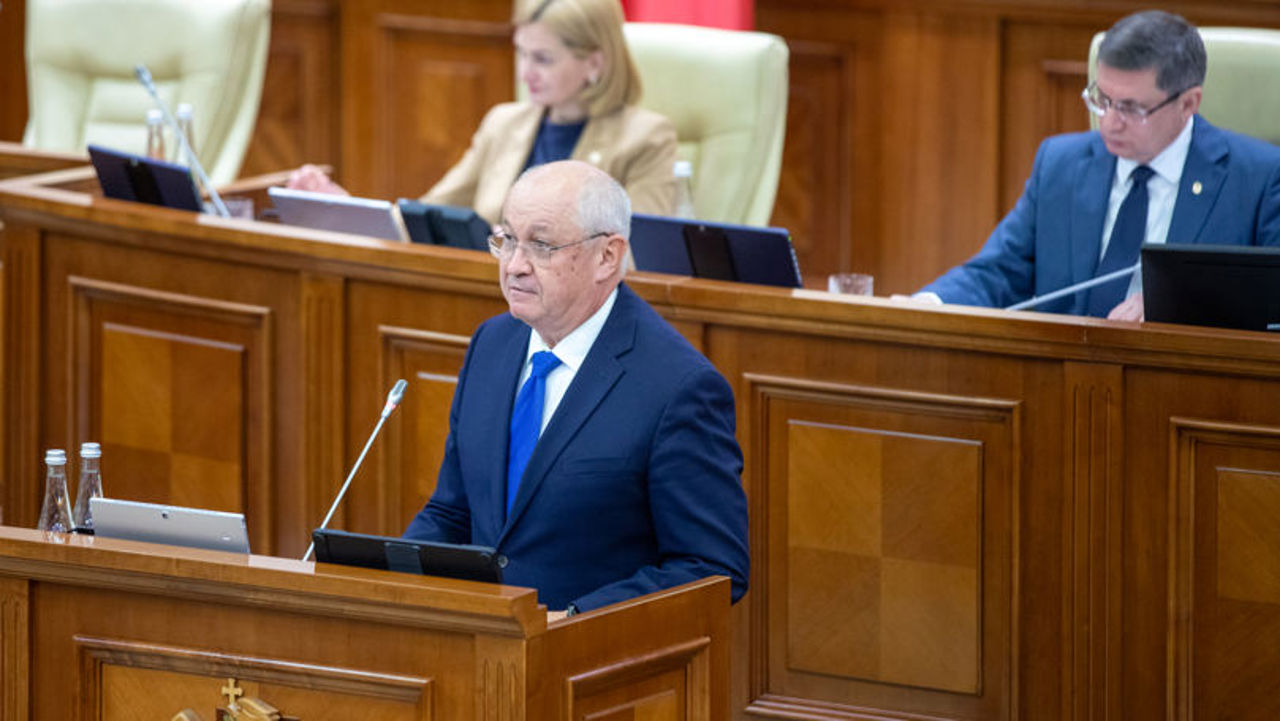The government is developing a large-scale project to renovate the energy performance of housing blocks, which will start in the next two years
The government is working on a major project to renovate the energy performance of residential buildings. The aim is to cut costs by almost half. In the next two years, the actual work will begin. The costs will be covered by the state, but residential consumers will also have to make financial commitments if they want lower prices on their bills.

"Energy efficiency in buildings is a priority because about 50% of total energy consumption in Moldova is residential. This means that in the event of a shortage crisis or price explosion, as has happened before, people will be the most affected. The government is proposing a financing mechanism for renovation: 70 percent grants and 30 percent loans," reports Moldova 1 reporter Mihaela Culcinschi.
The government is negotiating with banks to provide financing instruments for energy efficiency work - which involves thermal insulation and a switch from Soviet-style to vertical heating. Tenants must join together to get loans. At the same time, the Energy Efficiency Agency (EEA) will set up a residential fund for grant financing.
"Considering that we aim to reduce energy bills, from the outset this would mean that the final beneficiaries, the apartment owners, will pay lower bills, but their contribution has to be recouped over a period of five years - which would make it motivating to take a loan from a bank to be part of or to be involved in this programme. Once this loan is obtained, the Agency will already come up with the grant that will cover the difference," says Ion Muntean, director of the EEA.
VOX: "I agree, this is a protection of the buildings and it's conserved energy. The heat is going to be, it's very good.";
"It's a good idea. There are people who can't provide for themselves, for example, in the living space they may have a way to support themselves, but it may not be enough for the winter.";
"Then they should start covering the house with penoplast and starve? Is there money for penoplast? Where are they going to get the money for penoplast? You don't have to have a degree in economics to understand how many billions it costs to wrap a house in penoplast, because this, you know, the whole country..."
The goal is to make residential consumption 45 percent cheaper. The government also wants to apply hourly rates, initially installing 35,000 smart meters. This means that 3 percent of domestic consumers will pay prices that are created according to supply and demand on the open market. Romania's market operator will cross the Prut, while at the same time the focus is on integrating renewables into the grid.
"When it will be possible on the market already to have more energy suppliers, when consumption is very low, at midday, for example, and a coefficient that would discourage consumption during peak hours," explains Ion Muntean, director of AEE.
For new buildings under construction, the government has set a series of energy-saving criteria, approved by parliament at first reading so far.





